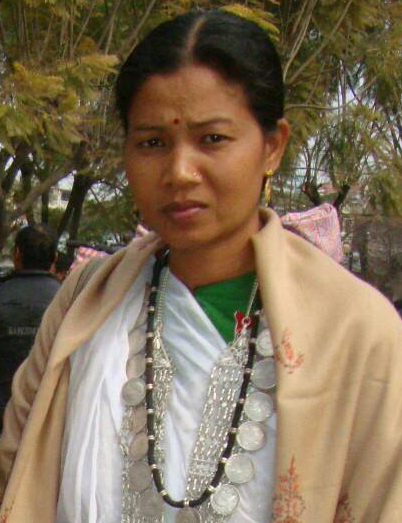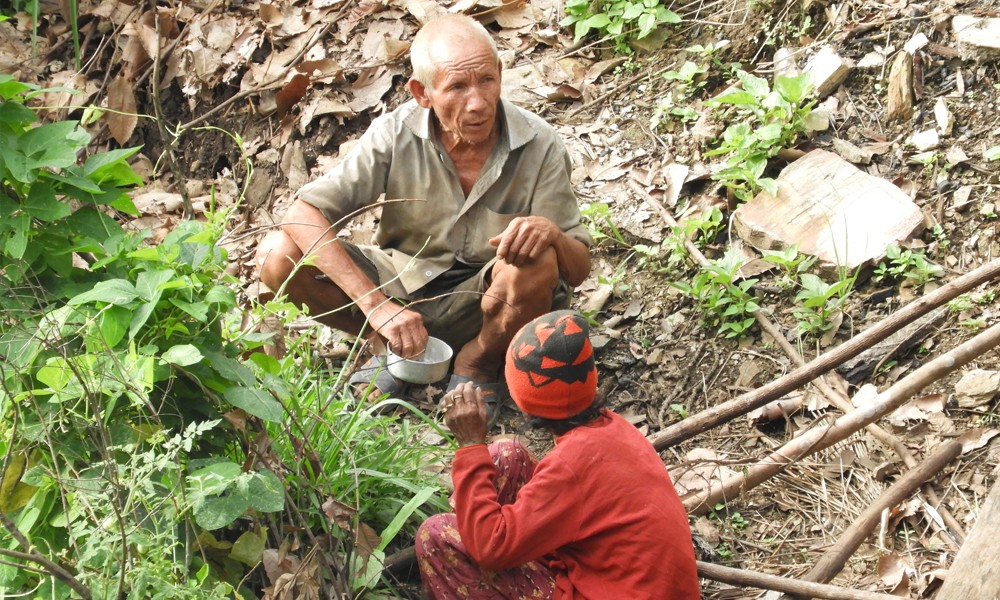Nepal is now in the process of writing a new constitution. And the new constitution is expected to address grievances of all classes, castes and communities. As the new constitution is being written by the Constituent Assembly, which is regarded as a democratic exercise of constitution drafting, the oppressed, marginalized and backward communities have a high hope. They believe that the new constitution to be drafted by an assembly that also represents their communities will be an all-inclusive document.
But, as the ruling parties gear up to promulgate the new constitution by using their combined two-thirds strength at the cost of sidelining the opposition parties, the oppressed, marginalized and backward communities, including indigenous people, feel betrayed once again. They feel that their political aspirations will not be fulfilled even by the new constitution. They complain that they will be left behind if the new constitution is passed through the majority voting.
This is why indigenous people are preparing for an agitation. They are backed by other organizations supporting ethnic identity as the basis for federalism. In this context, the Indigenous Voice team spoke to lawmakers who belong to indigenous communities but represent different political parties about why it looks difficult to incorporate agendas of indigenous people in the new constitution. Excerpts:
.jpg)
R.K. Khambu, Khambuwan National Front
The first CA, which was dissolved on 28 May 2012 without writing a new constitution even after its fourth term extension, had pretty much ensured rights of Aadivasi, Janajati, Madhesi, Dalit, Muslim and backward communities. It had also supported the ideas of rights to self-determination, inclusion and secularism.
But, the situation is different this time around. In the second CA, the NC and the UML have emerged as the first and second largest parties and they have recently floated a joint proposal for federating the country. In their proposal, they say they want to create seven federal units based on geography. They have also rejected the ideas of inclusion and secularism. Their agendas are regressive. It is unfortunate that the NC and the UML are pushing back our agendas. It looks like that the country is now back to 1990. I don't think it is possible for Aadivasi, Janajati, Dalit, Madhesi, Muslims and other backward communities to get their rights ensured through the present CA
Rukmini Chaudhary, Federal Democratic Forum 

We are struggling for our identity. But, the anti-identity political parties accuse us of demanding single ethnic identity-based states. We are not for single ethnic identity. We have never demanded such thing. I don't understand why they think that we are for single ethnic identity. What we argue is Nepal has always been a single identity based state. We want our country to be a multi-identity state. The New Nepal state should be multi-cultural, multi-linguistic and multi-identity.
I don't think those high-caste groups who accuse us of demanding single ethnic identity have not understood the reality. They surely have. But, they are leveling accessions against us with an ulterior motive of keeping their power intact. They fear that they lose their power if they address our grievances. It is unfortunate that the current CA is unlikely to address our issues.

Yasoda Lama, Dalit Janajati Party
The state has been indifferent to our voices. Of late, we are even losing what has been guaranteed by the Interim Constituion-2007. The NC and the UML want to dismiss everything that has been guaranteed by various past agreements signed with us in the light of Madhes movement and agitation by Aadivasi and Janajati people. It is high time we stood together again to reclaim our lost rights.








